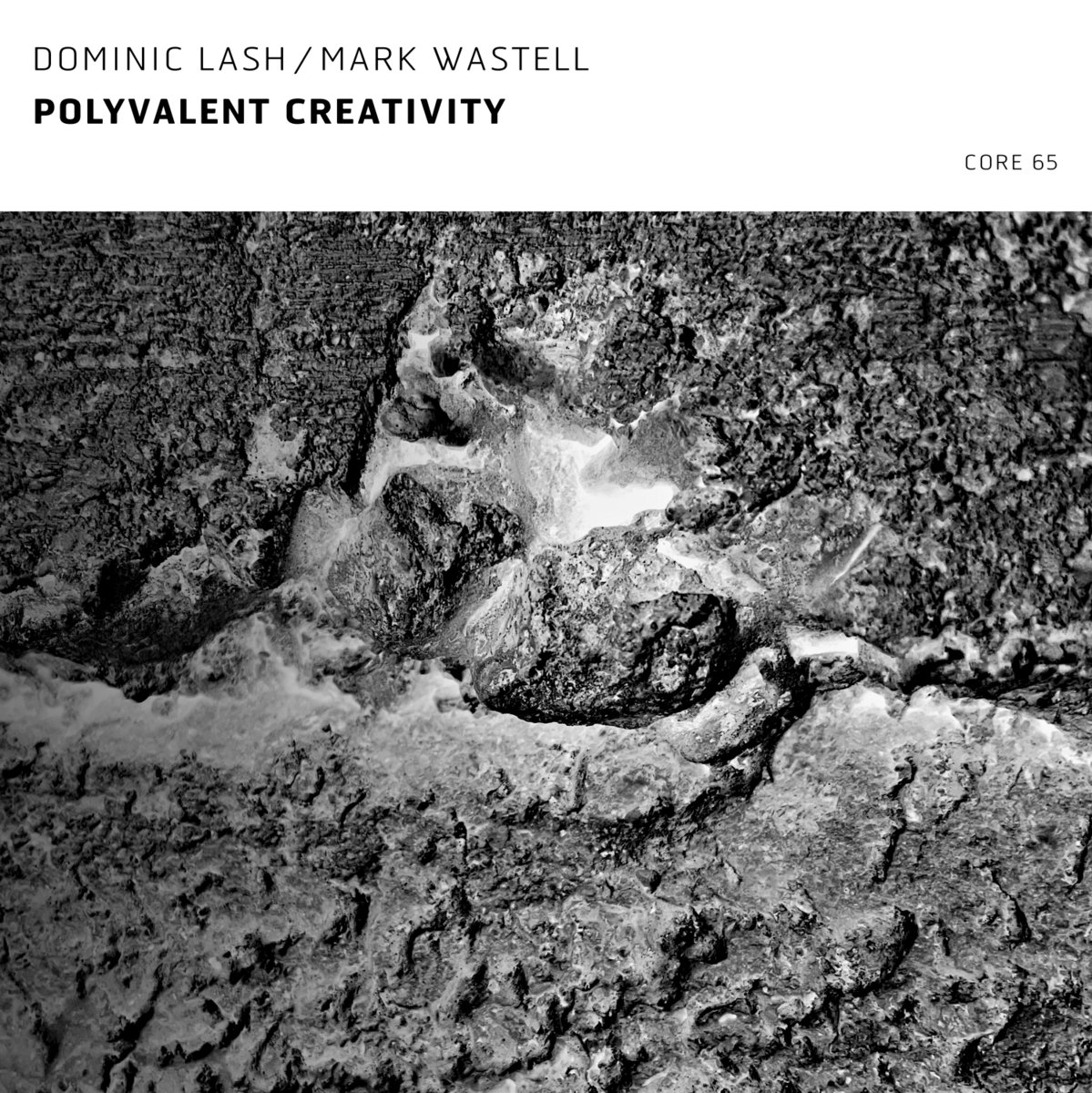The words “performative male” get thrown around online a lot these days.
Is it “performative” for a male to release a feminist free jazz album?
One could be forgiven for assuming so on the surface, but considering
bass player/composer Robert Lucaciu has been piecing Fallen Crooner together for the last 5 years, you’ve gotta admit, it’s an enormous
level of commitment to the bit. According to his instagram, Lucaciu
“deconstructs his own (cis-)male self-understanding and invites a cast
of remarkable musicians (...) Laura Totenhagen (vocals), Pascal Klewer
(trumpet), Shannon Barnett (trombone), Sofía Salvo (baritone saxophone),
and Moritz Baumgärtner (drums) to engage in a joyful discourse on gender
roles.” It all begins with stripping back the ego and powering up the
estrogen levels to 11, starting with a set of (epic) powder pink
big-band suits. NICE!
Lucaciu writes: “While in one reality a loud, raging final struggle for
the age-old patriarchy is being fought, burying any doubt under
misogynistic crudeness, in another, a new space is opening for a softer,
more critical form of masculinity. As old, rigid boundaries melt away,
fear dissolves, and the search for an individual definition begins. What
do my gender and my sexuality mean? What responsibility do I carry as an
individual in a social context?”
Despite being the frontman, Lucaciu provides plenty of space for
vocalist Totenhagen to take centre stage. Jazz with vocals is always
going to be something of an acquired taste – some prefer theirs purely
instrumental. While there are plenty of short, textural interludes where
Lucaciu allows the musicians to express themselves freely, it’s
Totenhagen’s clear, confident voice that impresses and continues to
surprise throughout. Boasting an incredible spectrum of character, her
colourful range of mouth-sounds are as diverse and dynamic as that of a
professional voice-actor. Having said that, she is also quite a
delightful crooner, who clearly has great experience singing jazz. Here
on opening track “Imposter,” we see her inverting gender, taking on the
role of the aforementioned fallen crooner; the “ridiculous man.” She
outlines his insecurities in first person, becoming the very character
she is lampooning. It sets the scene with her gradual switch from swanky
lounge crooner to all-out avant-garde improvising vocalist. The humour
is further emphasized through a toe-tapping call-and-response of “I am
ridiculous / (He is ridiculous) / I am a dick / (Oh what a dick).”
It should be noted that even though the subject matter is “ridiculous,”
the music itself never slips into cheese or classlessness. This is quite
an impressive feat for an album that features poetic references to
“booty,” “farts,” and “sharts;” see “Prose Poems,” featuring
Totenhagen’s dramatic reading of a poem by actor/writer Teresa Spencer.
On the contrary, while the jazz is mostly playful, the musicianship and
attention to detail is top tier. Baumgärtner's expressive drumming meets
a forward-thinking brass section to die for: Barnett, Salvo, and Klewer
each add their own unique voices to the experimental dialogue.
Yes, track 6’s “Lonely Woman” is Fallen Crooner’s take on Ornette, further adding to the discussion by pairing it with “a nude by edward hopper:” a text written in 1967 by German-born American poet Lisel Mueller. Ornette was inspired to write the original melody when he saw the face of a rich white woman “who had absolutely everything that you could desire in life, and she had the most solitary expression in the world.” He is quoted as saying he had “never been confronted with such solitude” before going home to write the piece. Lucaciu takes the famous opening track of “The Shape of Jazz to Come” and connects it brilliantly with a text mirroring the same loneliness that Mueller interpreted in Edward Hopper’s nude figures of lonely, solitary women.
The epilogue features Lucaciu up front and centre for a bass solo with all the gusto and low-end rumble and power of a whirring helicopter, but this soon makes way for a more selective and harmonic melody; a little like Lucaciu’s audio thoughts marking the end of the discussion for now.
If nothing else, you gotta see the photo on the back of the album of the band in their pink suits with Lucaciu in the fountain.



























